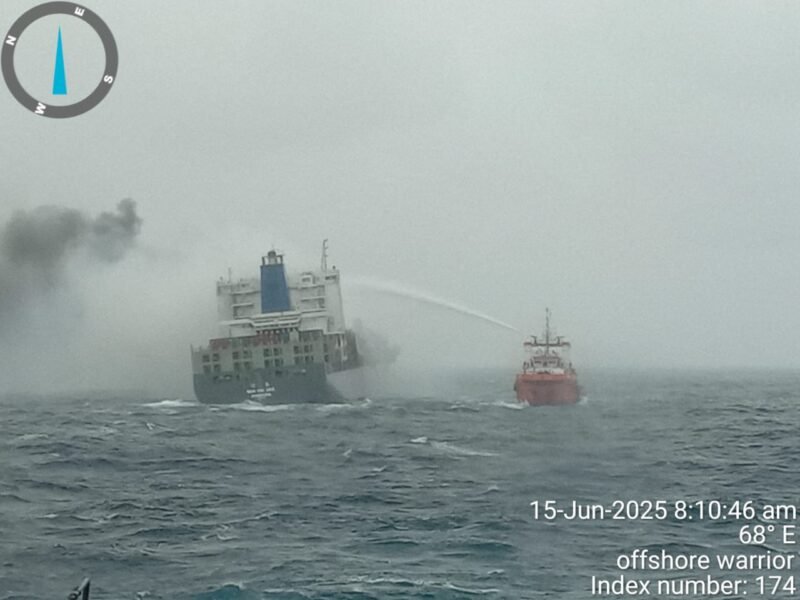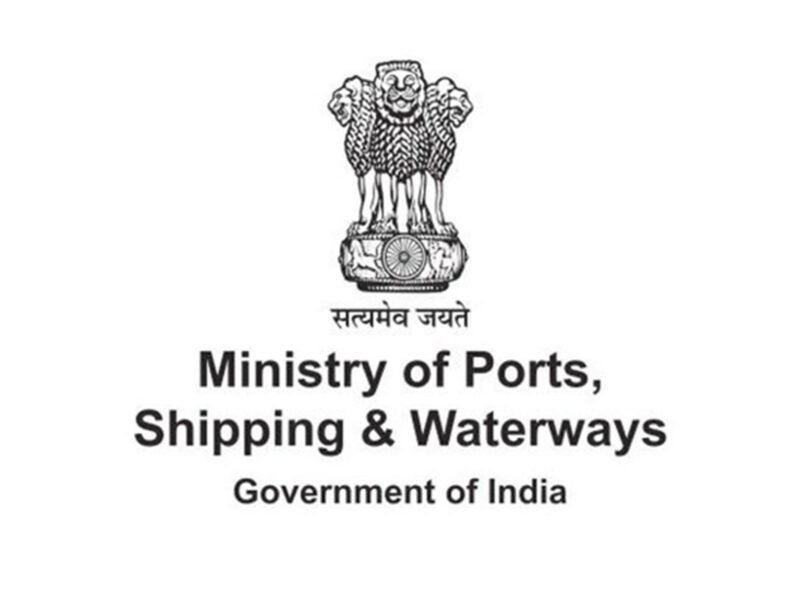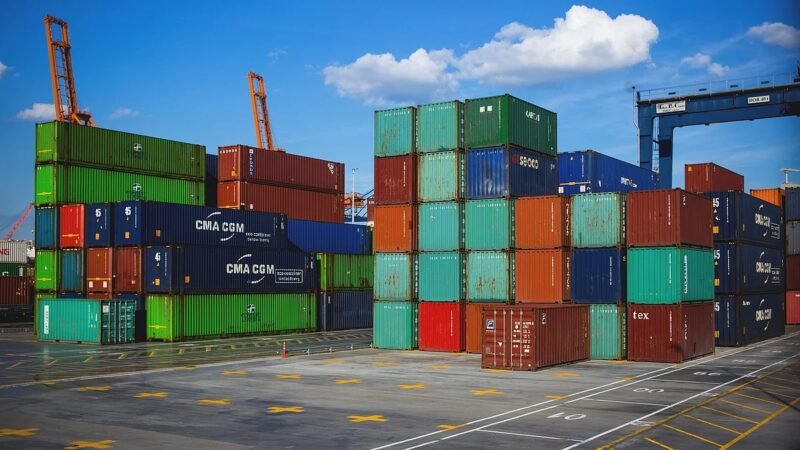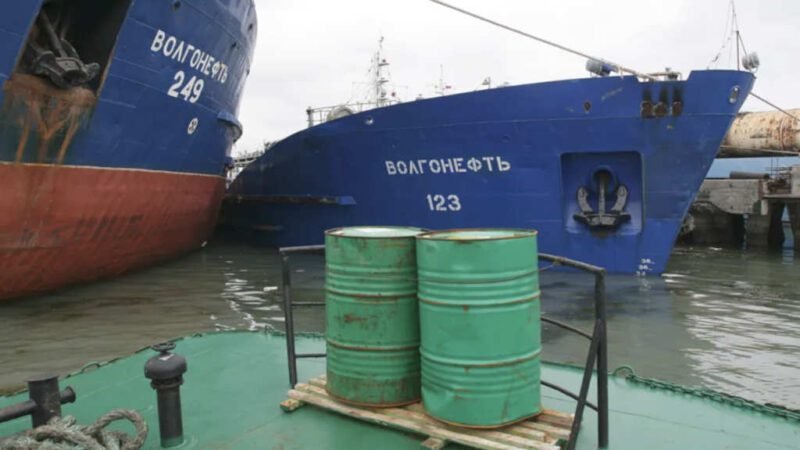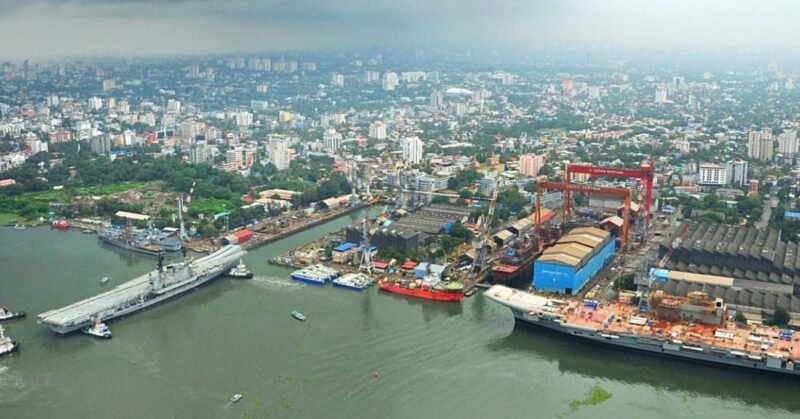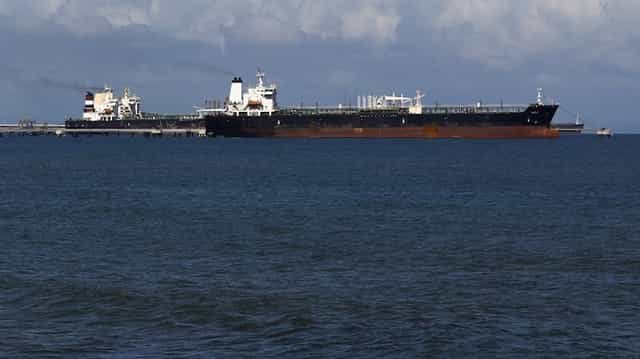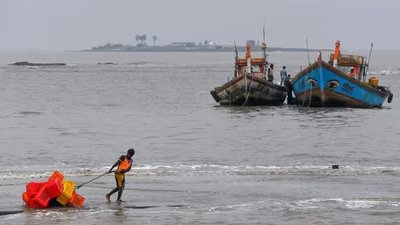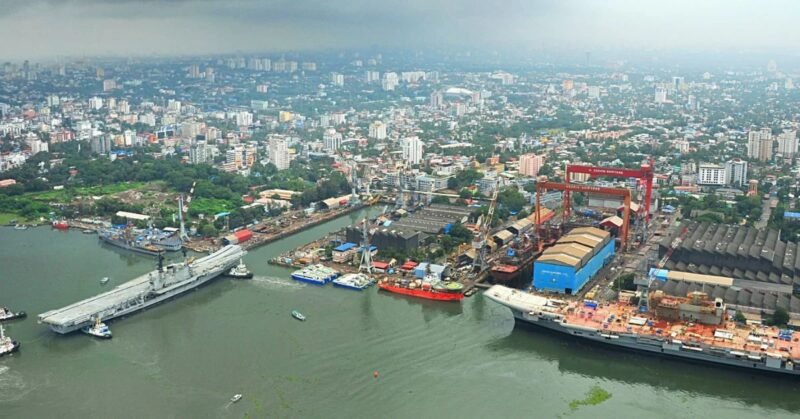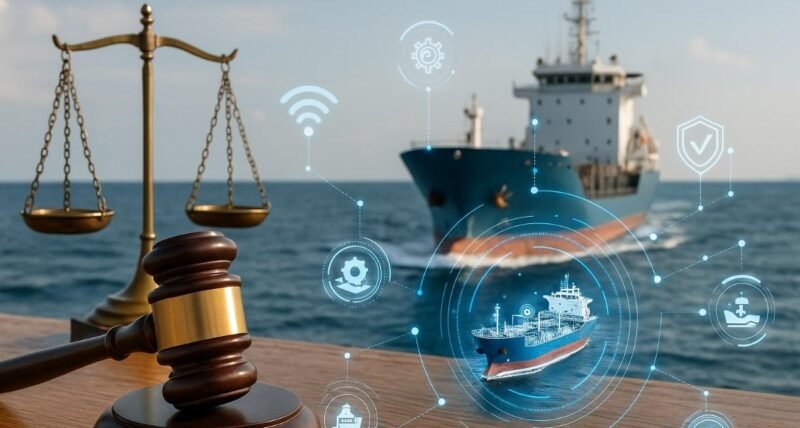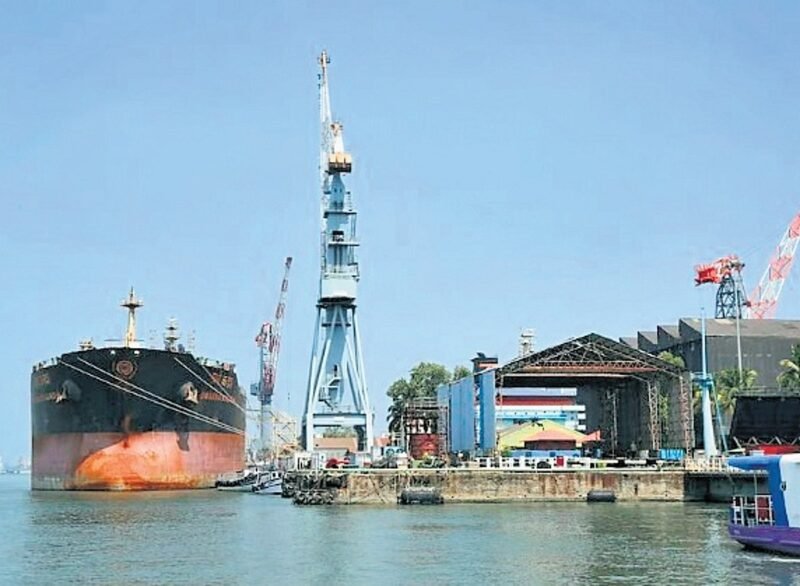On June 15, India’s maritime rescue coordination unit was alerted to a loss of DGPS signal from a vessel in the Gulf Sea near Qatar. While this glitch did not affect operations off Kerala, it raised concerns due to two high-risk salvage missions underway: stabilizing the fire-damaged container ship Wan Hai 503 and recovering oil from the sunken MSC Elsa 3. The operations, overseen by the Directorate General of Shipping and involving the Indian Coast Guard and specialized salvage firms, are being challenged by adverse weather conditions.
The Wan Hai 503, which has been drifting towards the Kerala coast, is still smoldering despite firefighting efforts. Salvage teams are working to secure tow lines while helicopters drop firefighting agents onto the ship. Meanwhile, the MSC Elsa 3 poses a pollution risk, with its cargo of plastic nurdles washing ashore. A long-term operation for oil recovery is being prepared with international experts, while a massive onshore cleanup is underway, having already collected over 65 tonnes of nurdles.
As these two operations unfold, India’s maritime disaster response systems are being tested for their effectiveness and coordination. Authorities are closely monitoring weather conditions, aiming to conclude the towing of Wan Hai 503 before worsening storms complicate the situation further. The incidents highlight the vulnerabilities in maritime navigation and environmental safety, with potential long-term impacts on India’s coastline.


